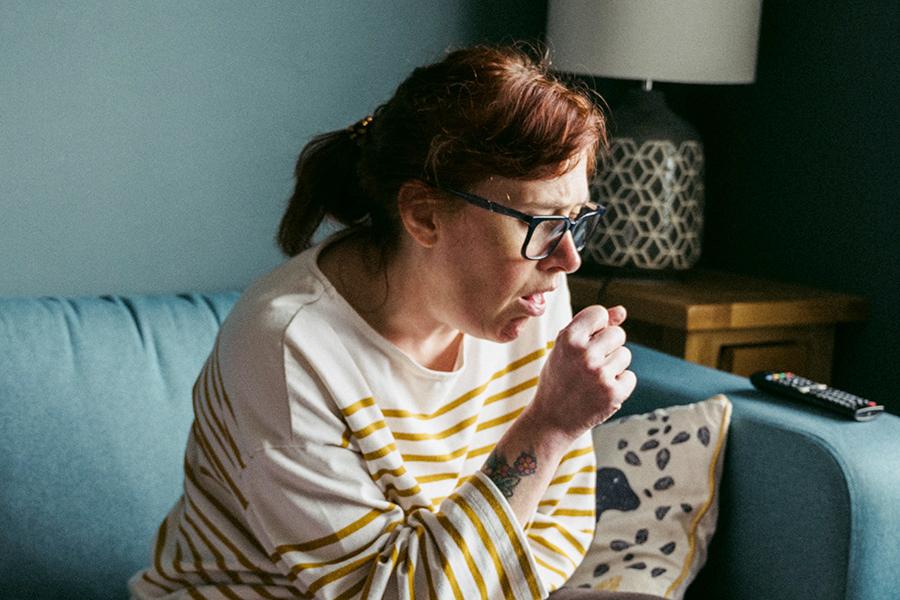Are There Different Types of Tracheobronchomalacia?
There are two forms of TBM:
- Primary tracheobronchomalacia — a congenital form that usually develops when patients are infants or young children.
- Secondary tracheobronchomalacia — an acquired form that usually develops when patients are adults.
Symptoms differ depending on the age of patients, the cause of their weak windpipe, and the severity of the condition. Some people with tracheobronchomalacia may not have symptoms at first.
What Are Causes of Tracheobronchomalacia?
Most cases of primary TBM are caused by genetic conditions that weaken the walls of the airway.
The secondary form often happens as a result of trauma, through chronic inflammation or infection, and/or by prolonged compression of the airways.
The Temple Lung Center has the only dedicated tracheobronchomalacia program in the Philadelphia region, giving TBM patients the opportunity to receive symptom improvement and better quality of life for this rare condition.
What Are My Treatment Options?
Treatment for tracheobronchomalacia depends on its severity. Options can include conservative medical management, such as inhalers, antibiotics or CPAP therapy. If surgery is the best option, our lung specialists can perform a tracheobronchoplasty to stabilize your airway or insert a stent to improve symptoms.
Ready for an Appointment?
For an evaluation of your symptoms, request an appointment online or call 800-TEMPLE-MED (800-836-7536) today.
Learn more about our doctors and care team who diagnose and treat tracheobronchomalacia.
